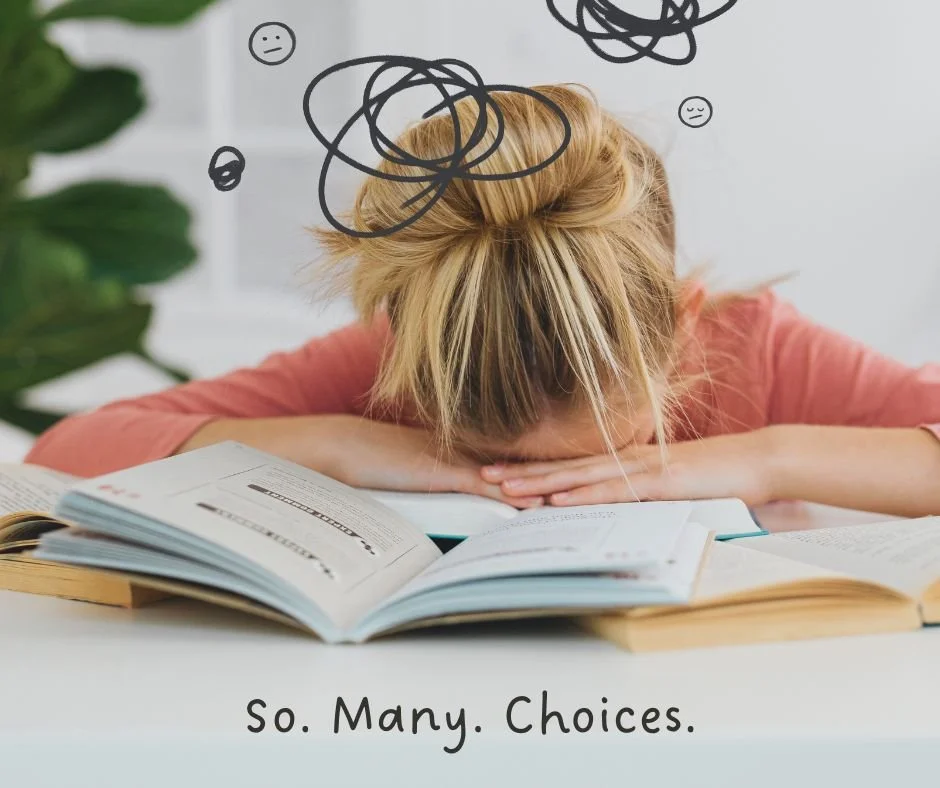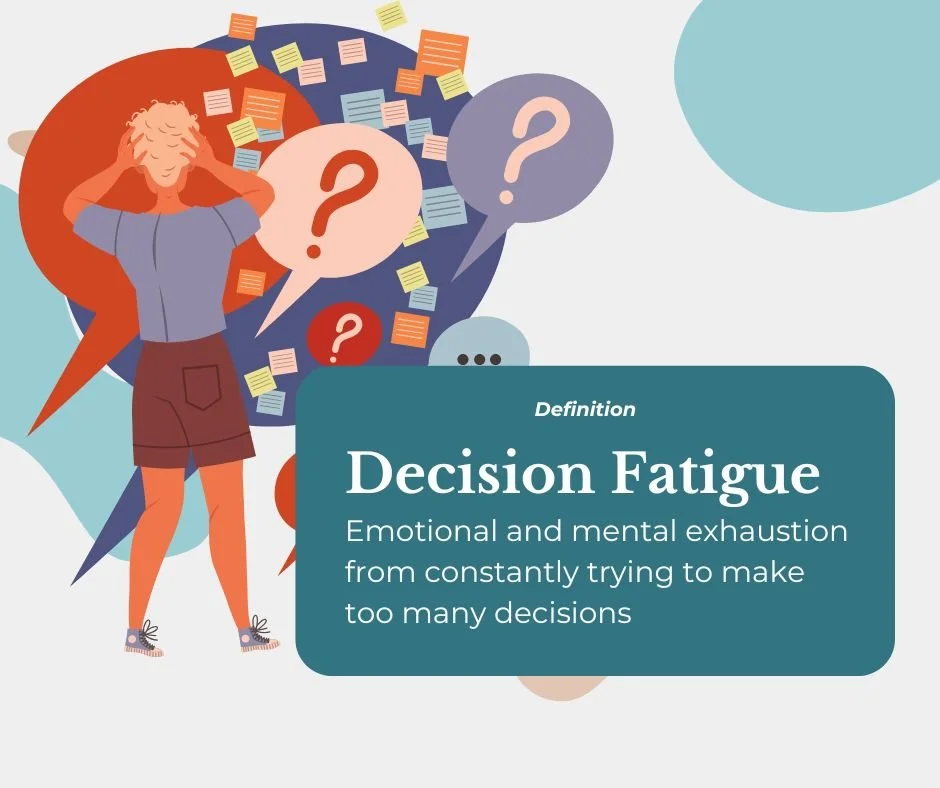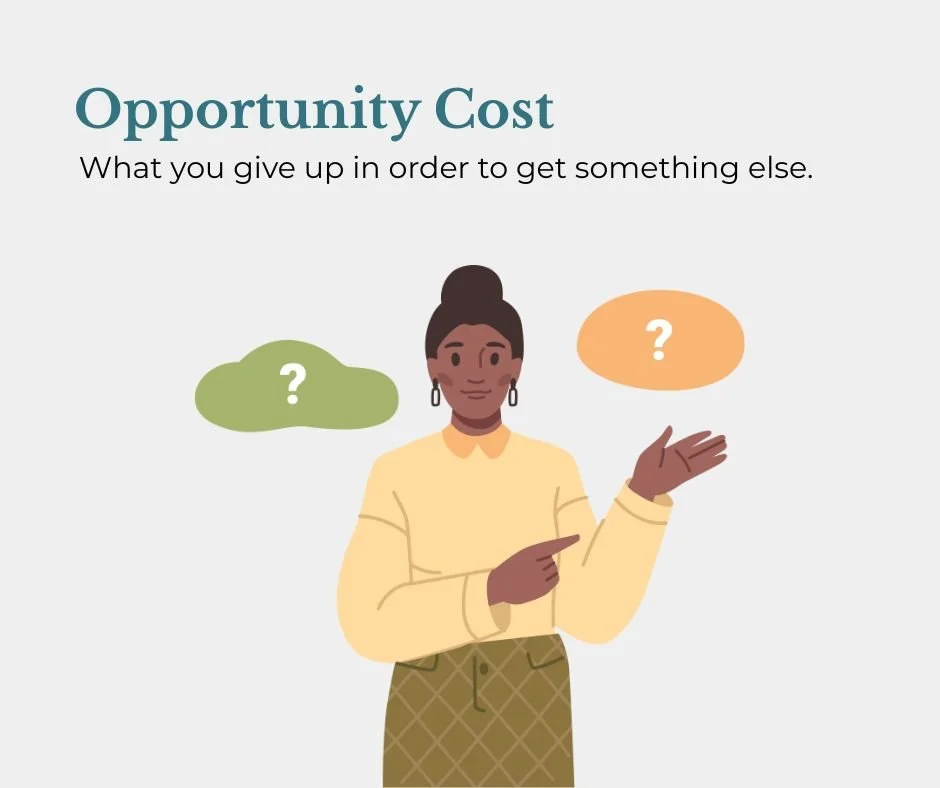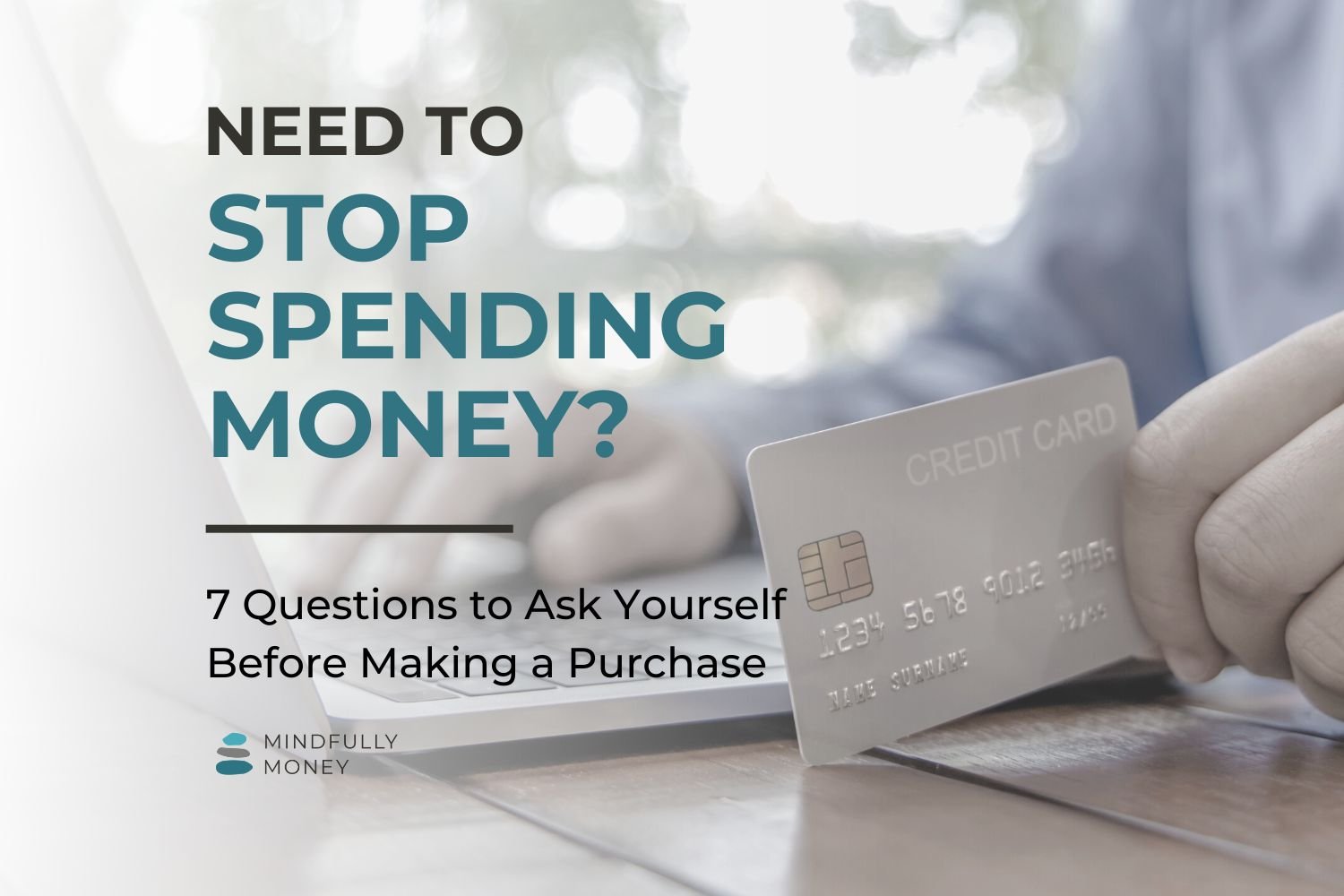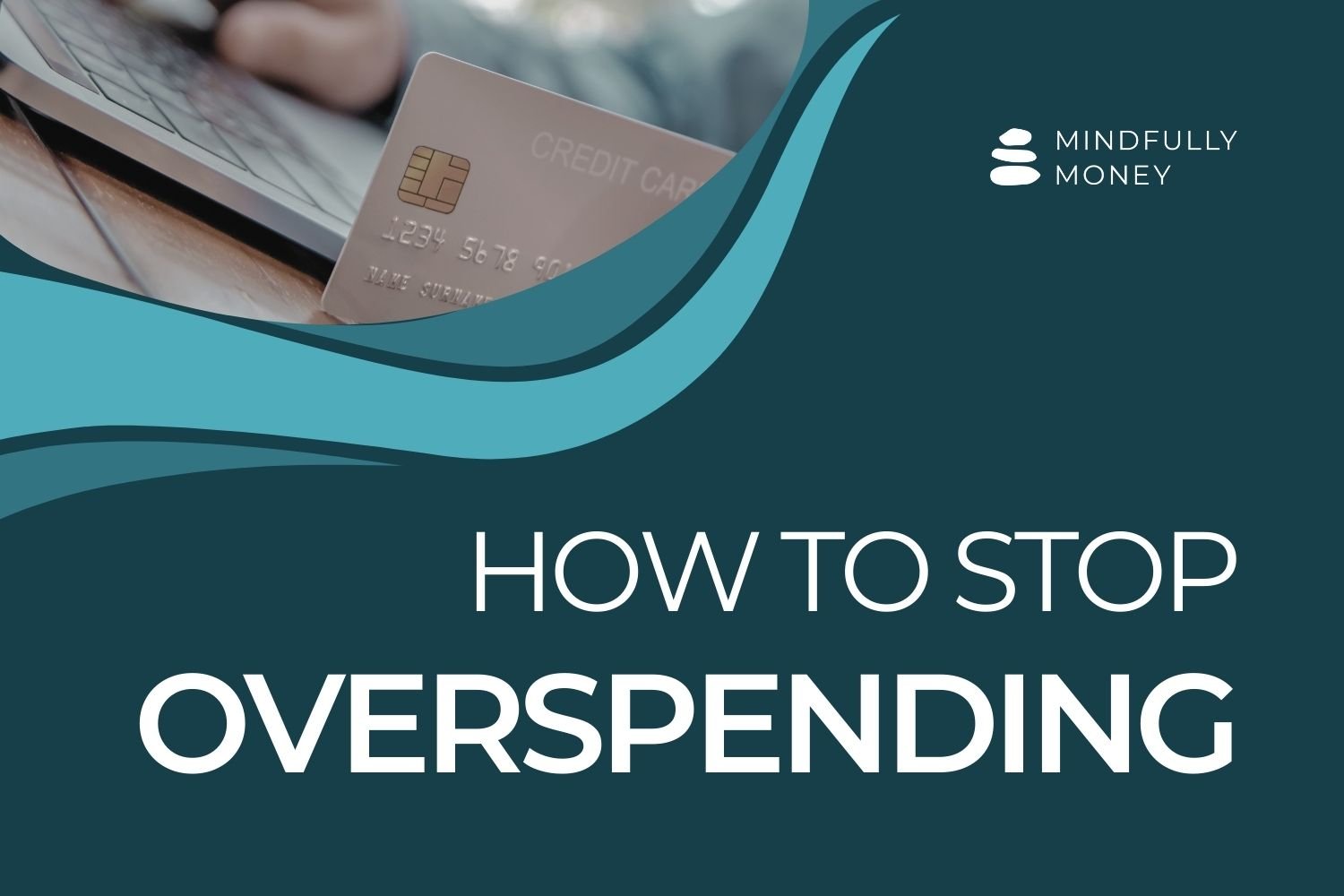When Good Enough is Better Than the Best
Remember back in the day (maybe some of you aren’t old enough for this) when you needed a new toaster or coffee maker and you’d drive to the store and buy one?
You couldn’t buy things online, so there were probably only a few stores that you could go to that would have what you wanted.
If you’re a “regular” coffee drinker, you probably weren’t going to go to a fancy store to get a fancy coffee maker (especially since Folgers was “the best part of waking up”). That left a few stores that were likely offering mostly the same choices.
Maybe you’d go to Target because you didn’t like Walmart. Or you went to Kohl's because you had a 30% off coupon, or JCPenney was having a sale. But that’s probably the extent to which you considered store choices.
Once you were in the store, you had maybe 3-5 options, and the biggest difference was price. Maybe you picked the one that had a better brand reputation, or the one that was cheaper, or the one that had this one feature that you liked (like a timer).
If you bought the more expensive item, it was probably because you had the money for it and it was important to you to get a better one. Because you could reasonably assume that something that cost more was higher quality. It wasn’t always true, but it was often the case.
Now there are SO. MANY. CHOICES.
Amazon has over 40,000 results for “coffee maker.” Could you imagine walking into a store that had that many options right there on the shelves? Where would you even start? Is it even possible to make a decision? Would your head explode if you tried? (I feel like mine might.)
This endless availability of choices leads to what’s often called decision fatigue. The more options you have to evaluate, the harder it becomes to decide—and the more likely you are to waste time, money, and mental energy in the process.
How We Cope with Decision Fatigue
Most of us rely on shortcuts when making purchase decisions:
Defaulting to the same trusted brand, like always buying the newest Cuisinart Grind & Brew.
Waiting for a sale at your go-to store.
Grabbing the cheapest thing that doesn’t have too many one-star reviews.
Asking friends what they use.
Googling (or now asking AI) for “the best [insert product] for the money.”
The last one has been my primary go-to method. I want to make sure I’m getting the most bang for my buck—the highest quality possible within the price range I’ve selected. (Sorry, Williams & Sonoma, but the Barista Touch Impress Espresso Machine in Sea Salt & Brass for $1699.95 isn’t happening.)
Seeking The “Best” Has a Cost
The reality is that even if the review sites you’re reading are biased, they still help narrow down your options. They save time, reduce anxiety, and get you moving forward instead of overthinking for hours.
Because perfectionist overthinking has a cost:
It costs time. I could drive to Target and buy something in the time it takes me to evaluate all of the options at different stores online.
It costs energy. Your brain gets consumed with what if I pick the wrong one? What if I DO need a SCA Gold Certified brewing mode? (I’m the queen of overthinking.)
It costs money. “Best” often comes with a premium price tag, whether or not you use the extra features.
The reality is that we all have limited resources. And every purchase you make is a decision to give up something else.
It could be something specific, such as spending less money on a vacation or doing enjoyable activities with friends and family. It could be a feeling, such as a sense of security or reduced stress. Or it might be time. Buying the best can be time-consuming, as it requires figuring out which option is the best. However, it may also mean working more hours to earn enough money to afford the item.
I know that seeking the best is tempting, and I’ve obviously fallen into this trap. But what I want you to know is that it’s okay not to have the best.
Sometimes you just need “good enough.”
Sometimes you just need:
A coffee maker that…makes coffee
A phone that makes calls and allows you to surf the internet, scroll Instagram, check your bank accounts, and track your children
Towels that get you dry
A refrigerator that keeps your food cold
Once you realize this, you can free yourself from the tyranny of the perfect option and make decisions that align with your actual priorities.
Ultimately, managing your money well isn’t about denying yourself things you want or saying no to anything that isn’t a “need.” It’s about being intentional and spending less on things that matter less so that you have more for what you want most.



